Schools and the New Jim Crow
The author of The New Jim Crow: Mass Incarceration in the Age of Colorblindness applies her thought-provoking analysis to children, schools, and priorities for education activism.
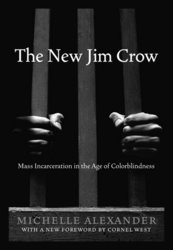
The author of The New Jim Crow: Mass Incarceration in the Age of Colorblindness applies her thought-provoking analysis to children, schools, and priorities for education activism.
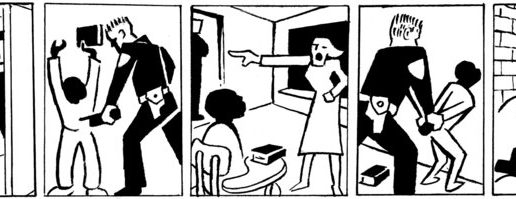
“Every man in my family has been locked up. Most days I feel like it doesn’t matter what I do, how hard I try—that’s my fate, too.”—11th-grade African American student, […]

When Chicago stole my mother’s tongue, it also stole all her yesterdays. A poet’s lyric plea for teachers to nurture their students voices and stories.

Profiling an African American teacher on Chicago’s south side.
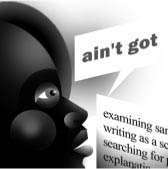
A mother tries to leave her Southern accent behind.
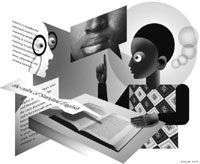
Nurturing student writing to make it language of power”.”
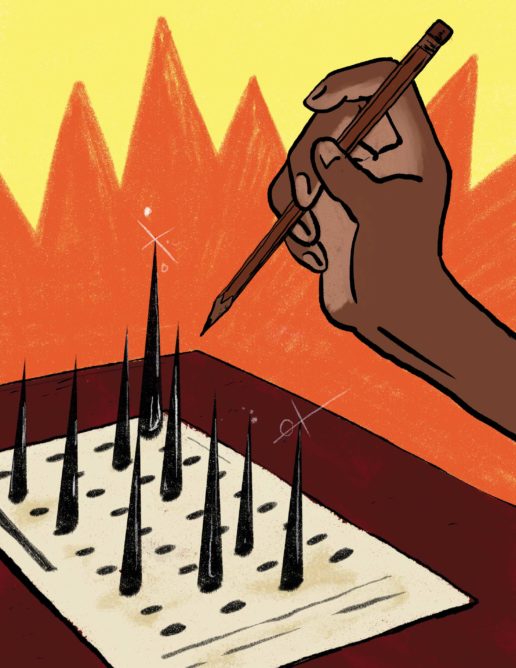
High-stakes tests have not only failed to achieve racial equality in schooling, they’ve also made it worse for students of color.
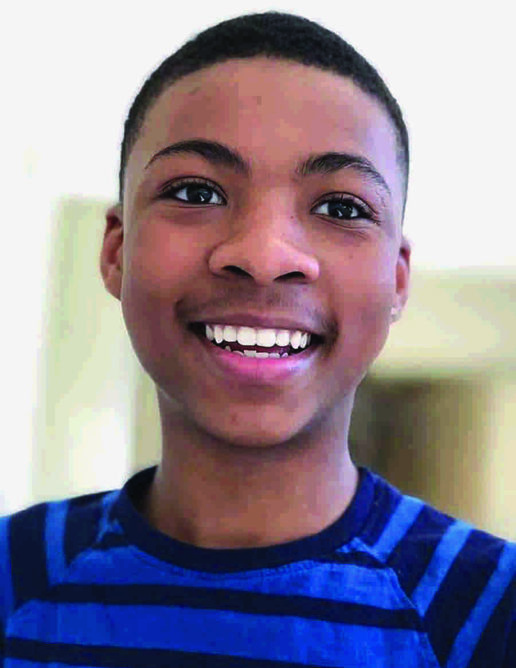
A writer interrogates school culture and our collective role in the suicide of a gay 15-year-old 9th grader in Alabama.
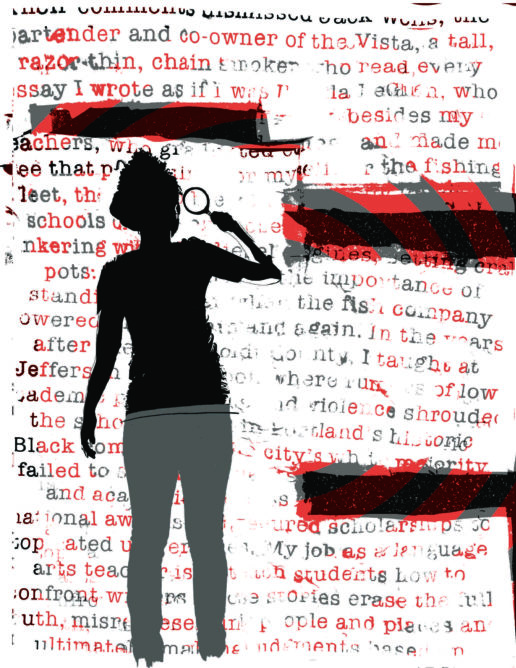
“Part of the work of teaching students to read is teaching them to question not only the written word, but also the author,” Christensen writes in her article about teaching students how to confront writers whose stories erase the full truth and misrepresent people and places.
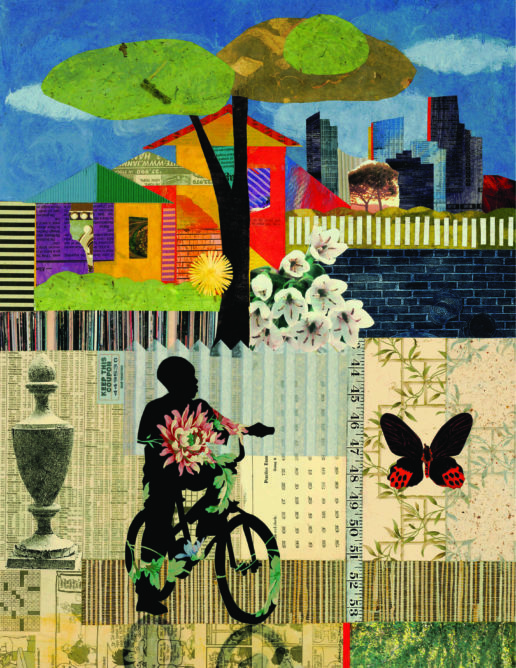
After teachers label her son’s behavior as problematic and try to have him evaluated by a psychologist, a Black parent uncovers why schools fail Black boys and begins organizing her community to challenge practices detrimental to them.
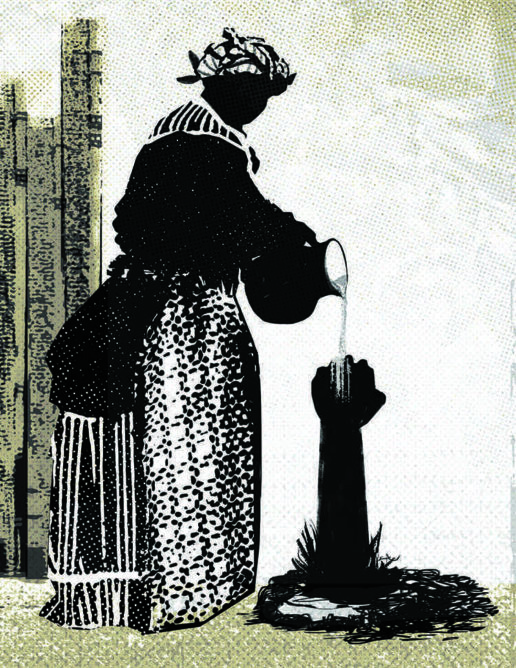
Unfortunately, the transformative history of Reconstruction has been buried. First by a racist tale masquerading as history and now under a top-down narrative focused on white elites. It’s long overdue we unearth the groundswell of activity that brought down the slavers of the South and set a new standard for freedom we are still struggling to achieve today.
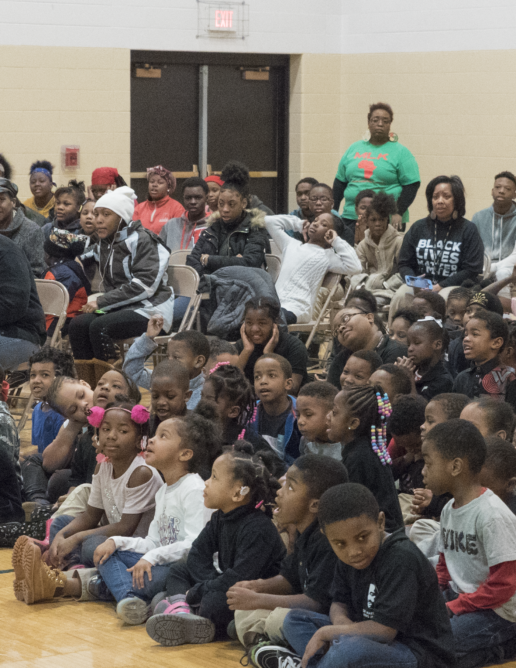
In an era when a U.S. president calls Haiti and African nations shithole countries; a time when hate crimes are on the rise; a time when Black students are suspended at four times the rate of white students; and a time when we have lost 26,000 Black teachers since 2002, building a movement for racial justice in the schools is an urgent task. Black lives will matter at schools only when this movement becomes a mass uprising that unites the power of educator unions and families to transform public education.
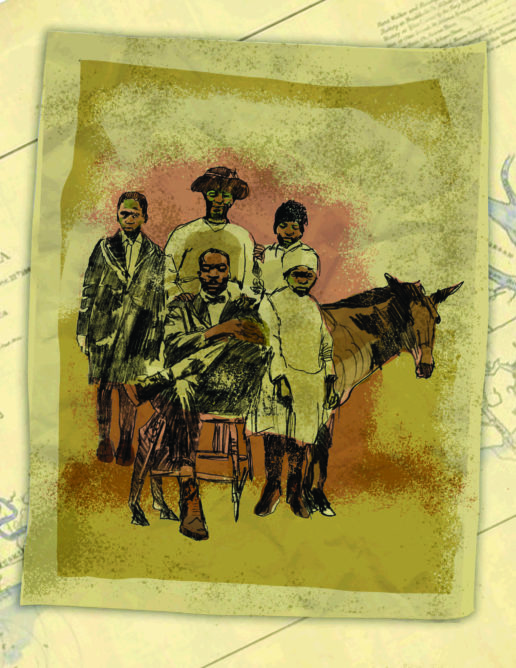
A high school teacher uses a role play so students can imagine life during Reconstruction, the possibilities of the post-Civil War era, and the difficult decisions that Black communities had to wrestle with.
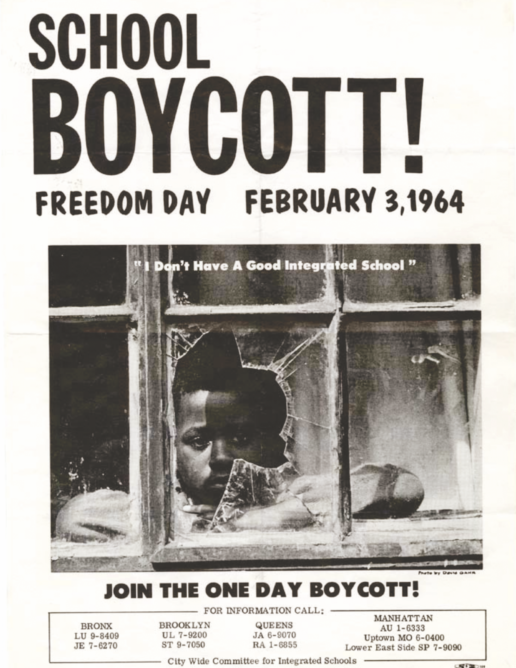
The largest civil rights protest wasn’t in the South, it was in New York City in 1964 when hundreds of thousands of students stayed home to protest school segregation. Here’s how today’s students reacted to a lesson about this historic boycott.
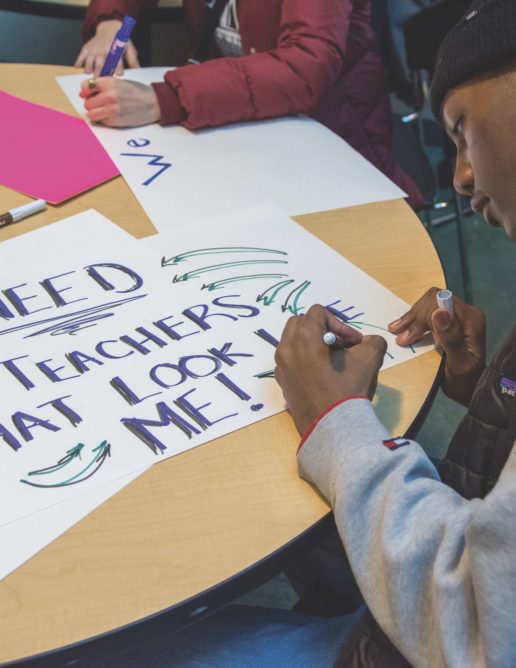
Every social justice educator should make building the BLM at School Week of Action during the first week of February a top priority.
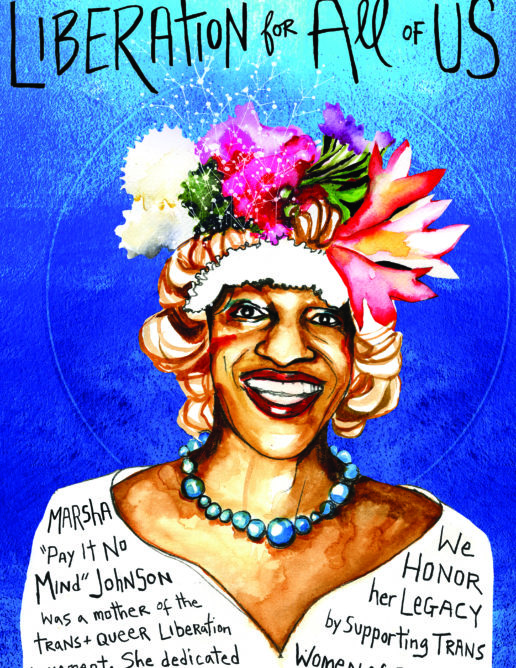
A Black freedom organizer demands that teachers and activists radically change their frameworks around Black history by lifting up the stories of Black LGBTQ people like Marsha P. Johnson.
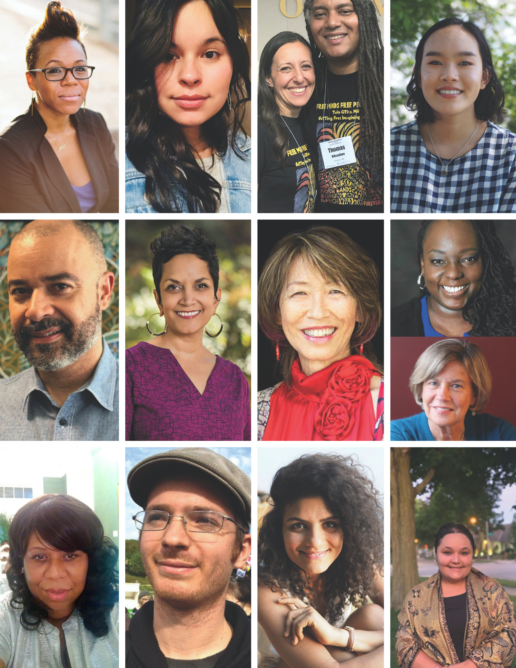
We asked a group of radical educators to weigh in on what they hoped would be part of any 2020 presidential candidate’s education platform.
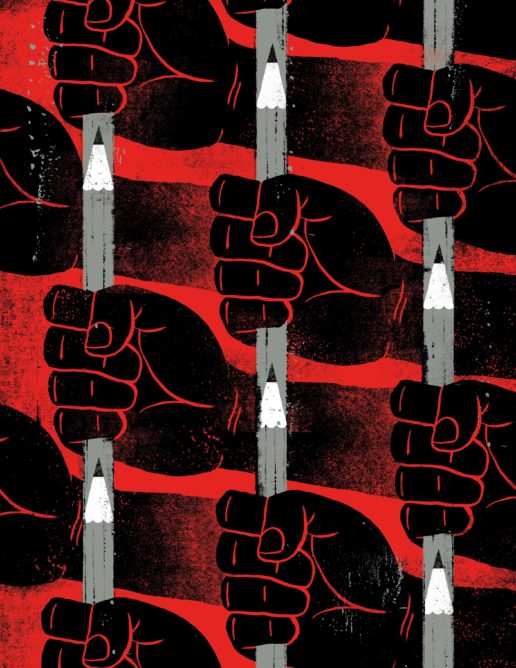
A Connecticut educator who taught English to incarcerated young men for 20 years describes what happened when she introduced her students to the Canadian “Leap Manifesto.”
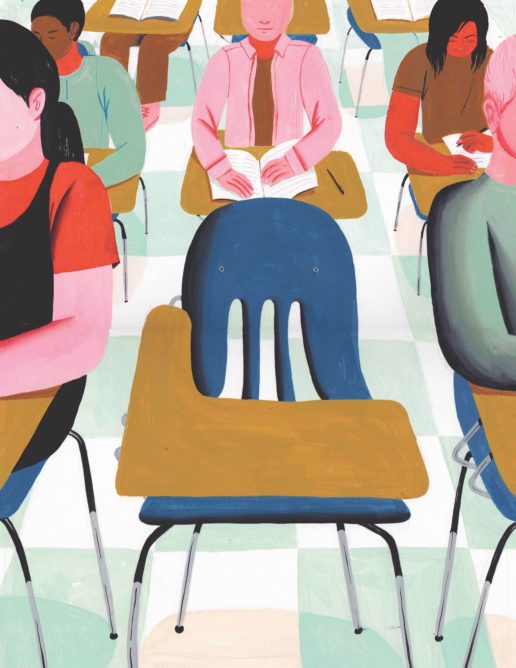
A high school teacher explores how the dynamics of a classroom can change when a student leaves and what the effects can be on that student, the other students, and the teacher.
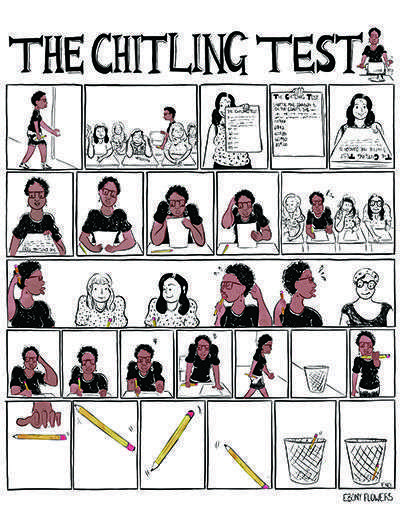
An educator reflects on how the education system has continually tested her Blackness from grade school through professional development, and argues that we need more Black spaces to nurture brilliance.
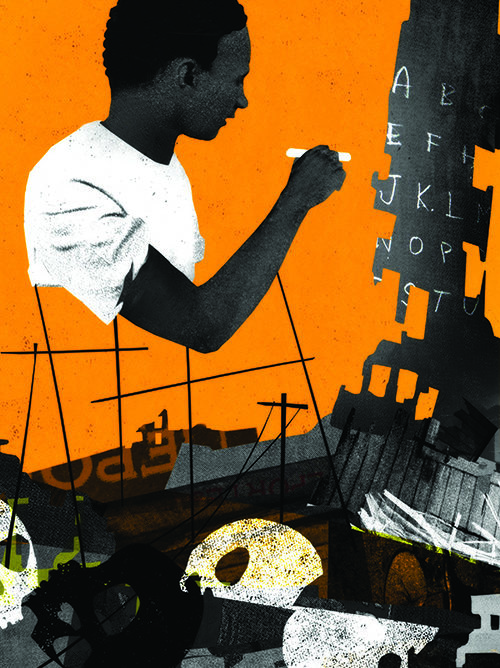
Immediately after an earthquake devastated Haiti in 2010, corporations swooped in to capitalize on the destruction and to privatize public enterprises. Hagopian explores how disaster capitalism hit the education system and what the effects were on students and families.
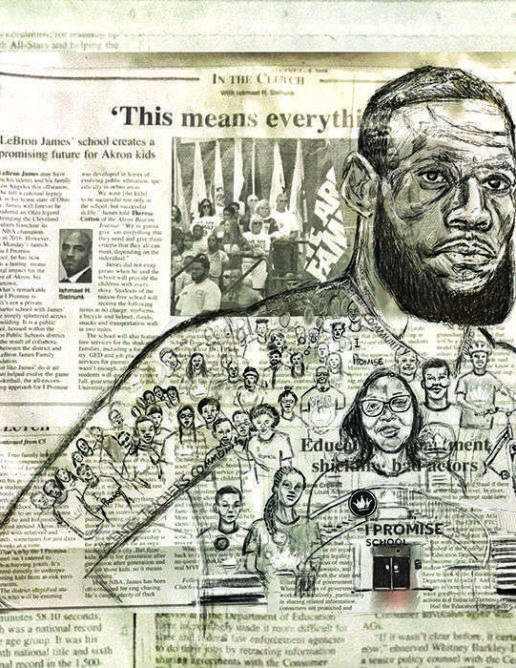
There are few public schools receiving as much attention these days as LeBron James’ I Promise School in Akron, Ohio — and it’s because it’s just that: a public school.
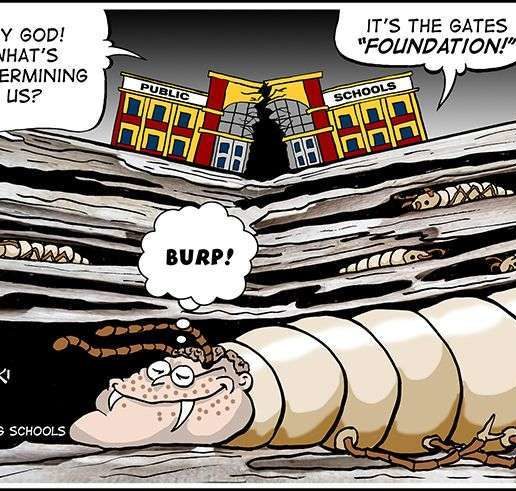
Janice Jackson interviews Rethinking Schools editor Wayne Au about the failure of Bill Gates’ educational initiatives.
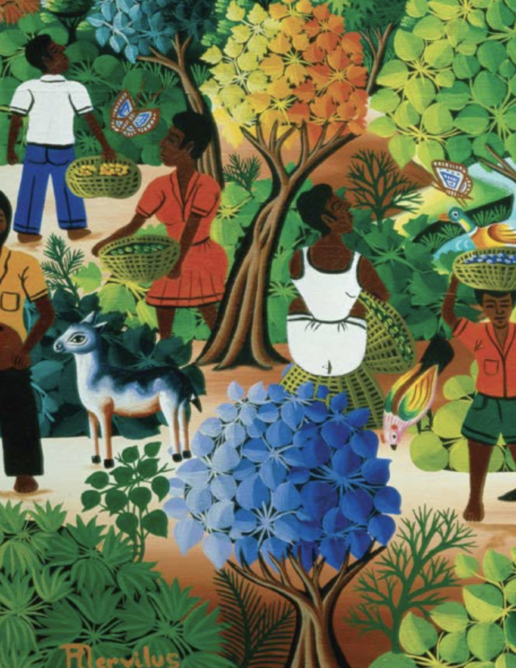
“Haiti is one of the poorest countries in the world.” That’s the only thing this Haitian American teacher remembers being taught in school about her family’s country of origin. She calls for a revolution in how educators teach Haiti.
Right away I recognized her. Ruby Bridges. The courageous girl who defied white racists and became the first to integrate an all-white elementary school. My 7-year-old son pulled a handout out of his backpack with her face on it. He is in a bilingual, two-way immersion program at our local elementary school. As is our custom on Friday, we emptied his backpack and sorted the contents. We determined what needed to be recycled, what would be hung on our whiteboard, and what needed to be stored in my Things-to-take-care-of box by the fridge. I smiled, because as a former history teacher and lover of Black history, I was happy to see my son learning about this important historical moment. And then, I took a closer look and saw that it was in Spanish. I was elated as it dawned on me that my son truly is emergent bilingual. “Caleb, what’s this about? Did you read this in school?”